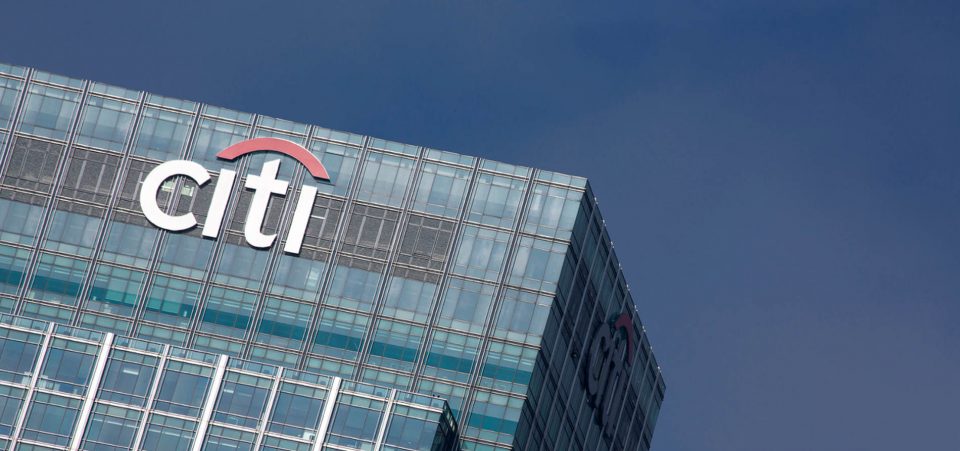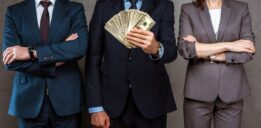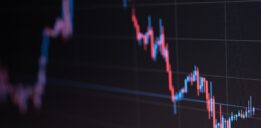What Is the Economic Surprise Index?
The bubble economy shows no signs of deflating. But as anyone who has driven a car knows, in case of a tire deflating, it’s much easier to control when it’s gradual than when it’s sudden. It’s the same with the economy. It’s much easier to manage when there’s a slow decline than a sudden burst. But the upcoming U.S. recession will not be easily manageable. It was no surprise that the Citigroup economic surprise index suggests some of the least encouraging prospects in a long time.
The Citigroup Economic Surprise Index measures the difference, excess or deficit, between collected statistics or indicators and expectations. In other words, it stacks up reality versus expectations. When the index chart rises upwards, it means that macro data has been better than analysts’ predictions or consensus.
Also Read:
The Upcoming Economic Recession in 2017 Has Already Begun
Instead, when the chart drops, it points to economic performance falling below expectations. That’s what analysts are thinking, because the Citigroup Economic Surprise Index keeps falling. It just touched the lowest point since August 2011. Six years ago, everyone feared a double-dip recession. The economic surprise indicator measures the relationship between economic data and estimates, so it increases every time reality beats expectations. The Index is about to get overturned.
Nobody Is Paying Attention to the Real Economy
The markets had not reached the stratosphere of today and analysts were actually paying attention to the real economy. (Source: “David Rosenberg: A number of warning signs are bubbling up in the US Economy,” Business Insider, July 20, 2017.)
Now, based on the Citigroup Economic Surprise Index historical data, the time for worrying has resumed.
Frankly, the time for worrying came and went a while back. We have already entered a phase where panic might be better now. It will take an economic driver possessing the equivalent steering and throttle instincts of Mario Andretti to control the market bubble that’s about to burst. And, make no mistake, everything has become inflated into a bubble. A recession is looming as the bubble is about to burst. In 2008, stocks were looking really bullish…until they weren’t any more. It wasn’t pretty.
It shows us how wrong it is to let ourselves get enthusiastic as we distribute less-than-usual data on the overall economy’s performance.
The prices of financial assets are all but begging for a correction as everybody senses they are too high. Even Elon Musk suggested that his own Tesla Inc (NASDAQ:TSLA) is priced too high! (Source: “Elon Musk calls Tesla’s stock overvalued; shares drop,” CNBC, July 17, 2017.)
There’s no doubt that investors have pushed stock valuations so high. Price-to-earnings ratios have gone into hyperdrive mode. In other words, they have become so vulnerable that any slight shift of policy from the Federal Reserve—or even the European or Japanese Central Banks—that a market correction is inevitable. Unwillingly, perhaps, the Central Banks have generated the causes of another recession.
Many investors, however, still think the “Goldilocks” economy has found the right bed. They look at the invincible mix of interest rates and…frankly, that’s all they’re looking at. There’s nothing else to write home about. Surely, Washington and the White House have mad grandiose fiscal policy promises of wild income tax cuts, backed by ironclad political will.
But, there’s too little demand left. Many people are focusing on paying down debt and not doing a good job about it. Not because they are bad or delinquent but because most people barely have enough to live on. And, yes, cars, cell phones, and the Internet—just like food and shelter—cannot be considered a luxury anymore. Try getting and keeping a job without them.
But, they tell us the technical factors point to bigger, longer market upsides. There is the sensation as if investors have found then magic elixir for crash free markets. Why stop there? Perhaps, they can find the free lunch and the place where you can have a cake and eat it too. The markets seem unbeatable, so everyone is piling on the buy button, ignoring the signs of trouble ahead and the many risks that could make it all go poof like the magic dragon.
Honestly, just look at that Amazon.com, Inc. (NASDAQ:AMZN). It’s trading at something like 200 times earnings. Its CEO and founder, Jeff Bezos, became the world’s richest man, surpassing Bill Gates, this morning. Some wonder if this makes Bezos the “best CEO in the world.” (Source: “Jeff Bezos Briefly Tops Bill Gates as the World’s Richest Person,” Bloomberg, July 27, 2017.)
It does not—and not long ago—investors would not have even posed the question. The best CEO in the world is the one who makes his investors richer and his employees happier. But he or she is also the one who can bring home the profits. Amazon has not done that very well. (Source: “Can Amazon.com Weather a Market Downturn?,” The Motley Fool, July 26, 2017.)
If anything, consider Amazon’s stock price as the symbol of the current irrational exuberance. It’s a clear sign that the markets have already gone way too far from reality. If you thought a recession was possible; it might be best to realize that it’s probable.







